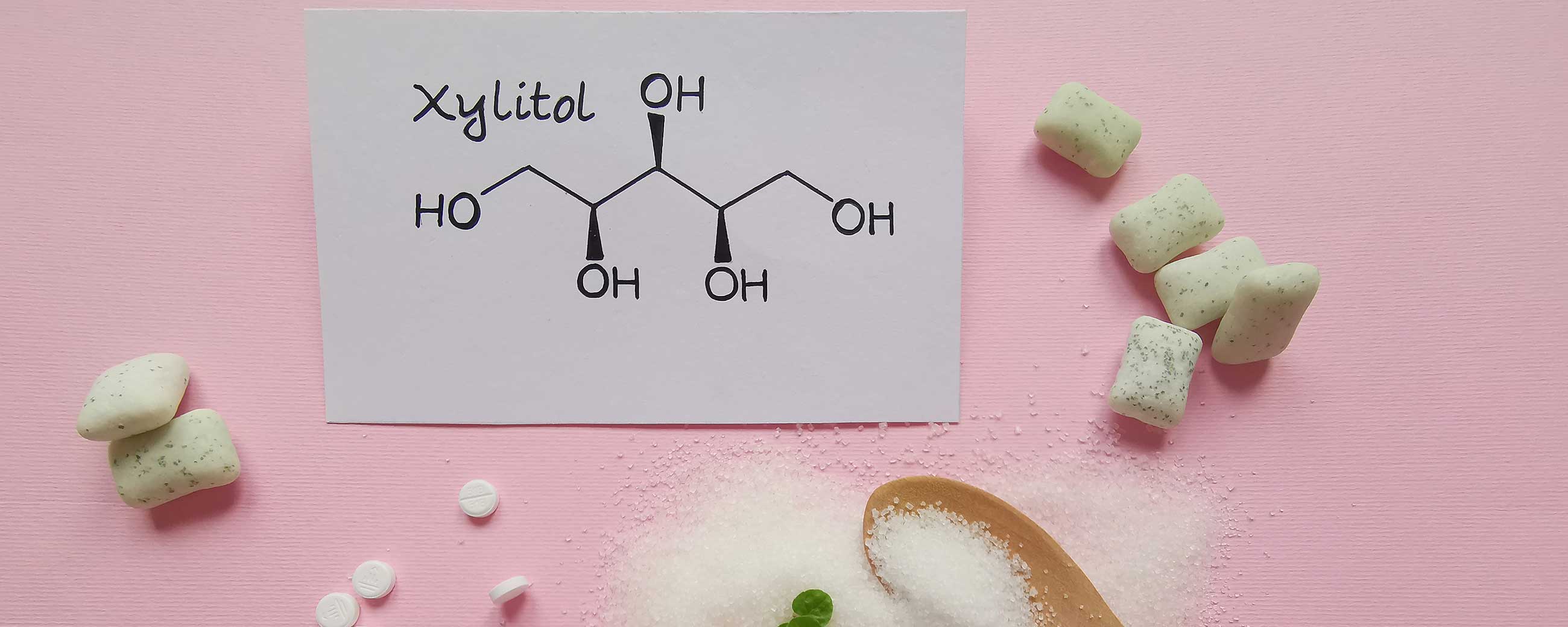
GLP-1s and Pancreatitis: What You Should Know

GLP-1 receptor agonists like Ozempic are used for type 2 diabetes treatment and general weight loss. Ozempic has several common side effects, like nausea, vomiting, diarrhea, constipation and stomach pain, but it may also increase the risk of serious conditions like pancreatitis. Pancreatitis is a condition where the pancreas becomes inflamed.
Can GLP-1s like Ozempic Cause Pancreatitis?
According to research, a causal link between GLP-1s and pancreatitis hasn’t been proven, but anecdotal cases of pancreatitis have been reported among GLP-1 users.
If you’ve previously had pancreatitis, you shouldn’t take GLP-1s.
Pancreatitis Symptoms to Watch For
Pancreatitis symptoms can range from mild to life-threatening, so early recognition is key. Warning signs can include:
- Abdominal pain (the most common symptom)
- Nausea
- Vomiting
- Fever
- Quick, shallow breathing
- Yellowing of the whites of the eyes or the skin
Never ignore sudden, severe abdominal pain — contact your medical provider right away.
Where is pancreatitis pain felt?
Pancreatitis can cause sudden, moderate to severe pain in the upper abdomen, often radiating to the back. Pain may get worse after drinking or eating or when you exercise, cough or lie flat.
What organs do GLP-1s affect?
GLP-1s may affect organs like the:
- Pancreas, including the risk of inflammation (pancreatitis)
- Gallbladder, slightly increasing the risk of gallstones, which can trigger pancreatitis
- Gastrointestinal (GI) tract, causing nausea, slow stomach emptying and vomiting
- Kidneys, increasing the risk of dehydration from GI side effects
Do other medications increase the risk of pancreatitis?
Other medications may also increase the risk of pancreatitis, including:
- Certain antibiotics
- Thiazides
- Furosemide
- Azathioprine
- Estrogens
Having a combination of risk factors (such as certain medications, alcohol use and gallstones) can increase your risk of pancreatitis.
Who May Be at Higher Risk of Pancreatitis?
You may be at higher risk of developing pancreatitis from GLP-1s like Ozempic if you:
- Have a personal or family history of pancreatitis
- Have diabetes
- Are diagnosed with obesity (body mass index of 30 or higher)
- Have gallstones or gallbladder disease
- Are a heavy alcohol user (four or more drinks per day)
- Smoke
- Have high triglycerides
- Are on other medications linked to pancreatitis
- Have had an injury to the pancreas
What To Do If You Suspect Pancreatitis
While it’s rare, pancreatitis is a serious potential complication of GLP-1s like Ozempic. If you suspect pancreatitis, stop taking your GLP-1 and call your health care provider immediately, as pancreatitis is a medical emergency.
The Takeaway
While GLP-1s Ozempic can help with weight loss and diabetes management, there are other options to help you reach your goals. If you want to lose weight or live a healthier metabolic lifestyle, Virta Health may be able to help. By making healthy lifestyle changes in a medical setting with supportive resources like 1:1 virtual coaching, you can regain control of your health and feel like yourself again. See if you’re eligible for Virta Health here.
This blog is intended for informational purposes only and is not meant to be a substitute for professional medical advice, diagnosis, or treatment. Always seek the advice of your physician or other qualified health provider with any questions you may have regarding a medical condition or any advice relating to your health. View full disclaimer
Are you living with type 2 diabetes, prediabetes, or unwanted weight?








